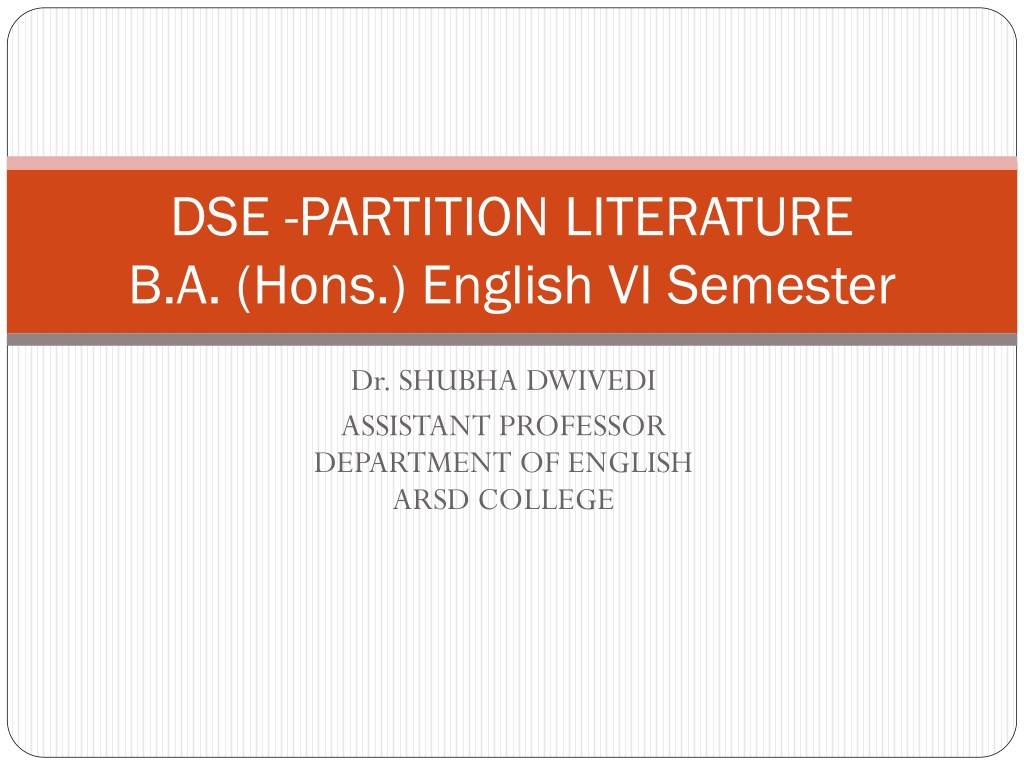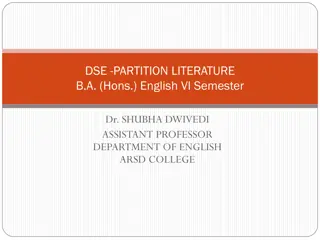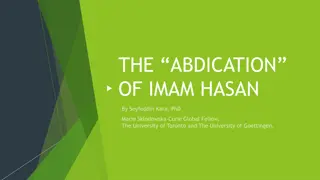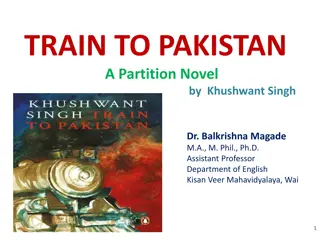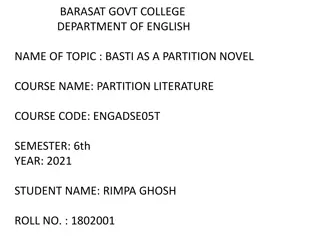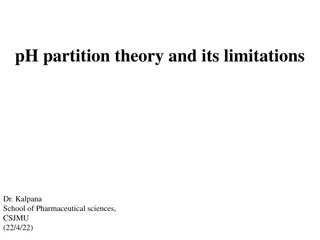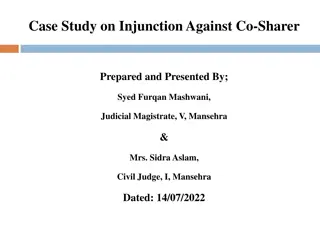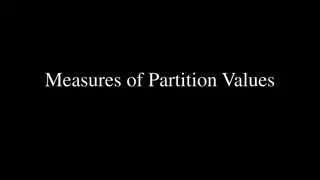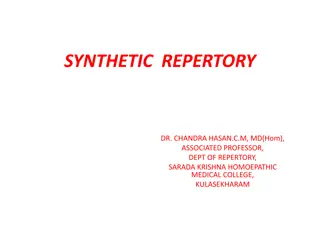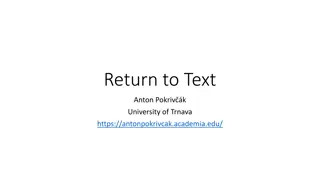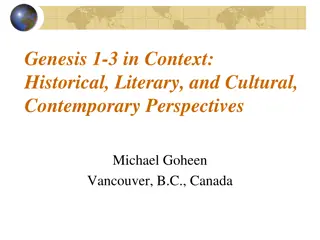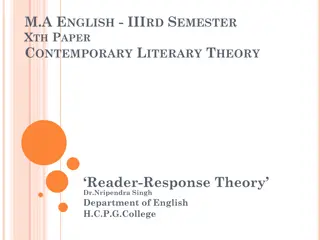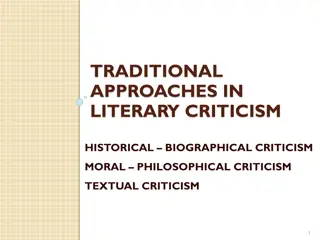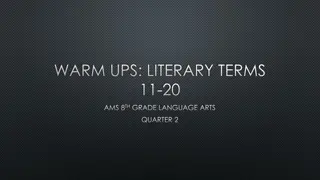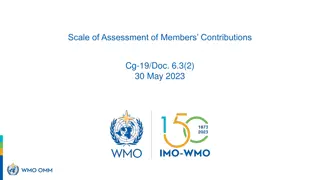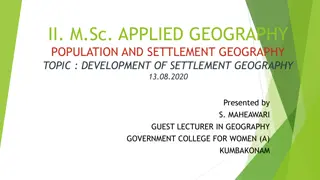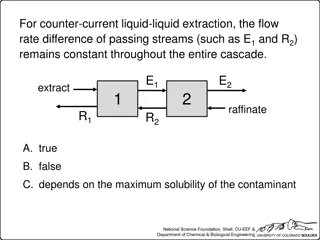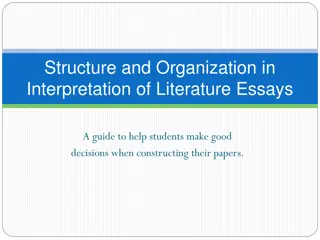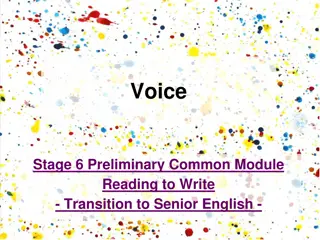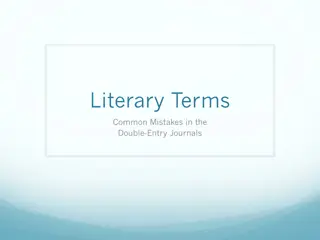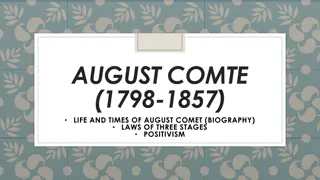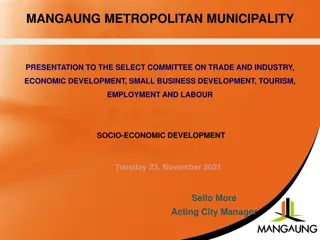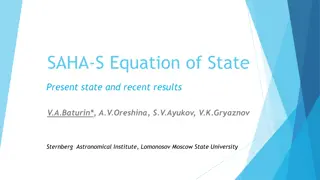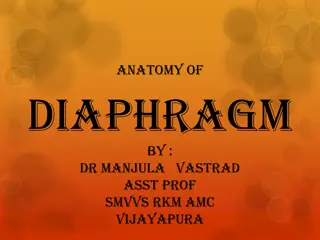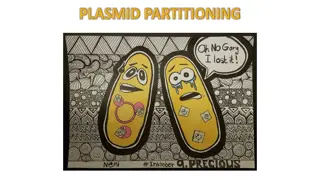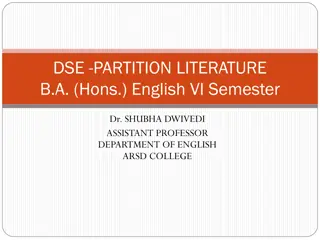Impact of Partition: Saadat Hasan Manto's Literary Contributions
Saadat Hasan Manto, a prominent figure in South Asian literature, deeply explored the human tragedy and trauma caused by the Partition of India in his writings. Despite facing personal challenges, Manto's works like "Toba Tek Singh" continue to be recognized globally for their poignant portrayal of the dark aftermath of Partition. His life and stories remain integral to understanding the cultural and historical significance of this pivotal event.
Download Presentation

Please find below an Image/Link to download the presentation.
The content on the website is provided AS IS for your information and personal use only. It may not be sold, licensed, or shared on other websites without obtaining consent from the author. Download presentation by click this link. If you encounter any issues during the download, it is possible that the publisher has removed the file from their server.
E N D
Presentation Transcript
DSE -PARTITION LITERATURE B.A. (Hons.) English VI Semester Dr. SHUBHA DWIVEDI ASSISTANT PROFESSOR DEPARTMENT OF ENGLISH ARSD COLLEGE
The partition of India was the division of British Indian Empire in 1947 which resulted in the creation of two independent dominions, Indian and Pakistan. The Dominion of India is today the Republic of India, and the Dominion of Pakistan is today the Islamic Republic of Pakistan. In 1971 the People s Republic of Bangladesh came into being after Bangladesh Liberation War. The partition was set forth in Indian Independence Act 1947 and resulted in the dissolution of the British Raj. The two self governing countries of Pakistan and India legally came into existence at midnight on 14-15 August 1947. Around a million people died and 14 million got displaced along religious lines and about 75,000 women were abducted and violated.
Saadat Sa adat Hasan Hasan Manto Manto Sa adat Hasan Manto (1912-55) was born in Samrala, a small town in Punjab in a Kashmiri family. Received his early education in Amritsar and then joined Aligarh Muslim University but couldn't cope with the restrictive environment there and left the University without receiving his degree. Manto moved to Bombay in 1937 and worked as editor of Mussavar and then of Caravan. During this time he also wrote screenplays for films and befriended Ismat Chugtai, Sardar Jafri and Krishan Chander. Manto, along with Krishan Chander, Ismat Chugtai and Rajinder Singh Bedi spearheaded the Progressive Writers Movement in the 1950s. Manto, vehemently opposed the partition of India ,considered it an overwhelming tragedy and maddeningly senseless event. Quite reluctantly, he moved to Lahore in 1948 where his last years were spent in abject poverty and depression. Towards the end of his life, Manto sought refuge in a mental asylum to cure himself of alcoholism. He died in 1955 giving us masterpieces like Thanda Gosht, Toba Tek Singh, The Dog of Tetwal, and Khol do. His works have been collected in a volume called Siyah Hashiye or Black margins. The Government of Pakistan posthumously conferred its highest honour Nishan-e-Imtiaz on Sa adat Hasan Manto in 2012. Manto a biopic on the life of the controversial and troubled Indo-Pakistani writer Sa adat Hasan Manto was directed by Nandita Das in 2018
Toba Toba Tek Tek Singh Singh Toba Tek Singh was published in 1953 in an Urdu magazine, Savera. In 2018, BBC enlisted Toba Tek Singh among the 100 stories that shaped the world alongside other monumental works of fiction by stalwarts like Homer and Virginia Woolf. In describing the cataclysmic event of Partition it stands in the league of works like Joginder Paul s Dariyaon Pyaas, Krishna Sobti s Sikka Badal Gaya, Chaman Nahal s Azadi, Rajinder Singh Bedi s Lajwanti Brings out the pain and trauma of the experiences of migration with authenticity and sensitivity. His works clearly portray the darkness that had penetrated the human psyche in the wake of the partition. A writer picks up his pen only when his sensibility is hurt. - Manto to a Judge in the Court
Toba Toba Tek Tek Singh Singh Hindustan had become free, Pakistan independent soon after its inception, but man was still a slave in both the countries-slave of prejudice, of religious fanaticism, slave of barbarity and inhumanity. - Sa adat Hasan Manto Manto was a rebel, a non-conformist, a progressive who dared to question and raised suspicions at rotten social conventions and political decisions without being bothered by the wrath of the conservative governments of the times. The master story teller didn t hesitate in calling a spade a spade and bared the stark realities of the time in the most audacious manner. Toba Tek Singh portrays the tragedy of the common people vis a vis the crisis that the event brought in its wake to the madmen of the affected lands Madness in the story becomes a metaphor for sanity. Those inside the asylum seem to be far more sensitive and humane than those in the outside world with their coloured perspectives. The lunatic asylum in the story becomes a microcosm of the world outside and Manto focuses on the anguish of one man to bring out the trauma and tragedy of dislocation and exile. Unintelligible and non-sensical utterances like Opar di rumble-tumble di annexe of the thoughtless of the green lentils of the lantern acquire different shades of meaning with the progress in the plot. The gibberish is a mix of sense and nonsense and includes, omits different set of words each time it is spoken. Manto s tale brings out the immediate effect of the declaration of partition on human psyche and the emotions it evoked, total sense of loss marked by the loss of a homeland, property, a neighbourhood, and the home and the hearth with the near and dear ones.
Toba Toba Tek Tek Singh Singh Keywords: Partition, Communal riots, Violence, Assassinations, Genocide, dislocation, exile, transfer, culture, roots, ownership, trauma, mourning, melancholy, collective trauma Complete breakdown of linguistic conventions Lacanian Flowchart- signifier and signified Collapse of cultural norms, regional and communal identities Land-fixation, sense of belonging to one s mother land, Floating in an empty space without anchor, vacuum Language- acts as an anchor, binds one to civilizational parameters, mother tongue Collective consciousness is lost in the process Partition Literature serves as a sort of partial catharsis for survivors or those who were witness to the traumatic episode of history-Tarun Saint
The long shadow of Mantos Partition narratives-fictive testimony to historical trauma Manto can t be dated- his ability to reinvent the story/Afsana self reflective and powerful, autobiographical undertones and overtones It captures the direct impact of collective violence and after effects of historical trauma. Most intense collection-Siyah Hashiye, diverse emotional range-riveting through various mindsets Friendship, trust, love, defeat, betrayal- are some of the important themes Toba Tek Singh focuses on the plight of the common man diverted from conscious reality. Mental illness- rigid stand against divisive forces Toba Tek Singh is a collective metaphor for the stranded, dislocated and anguished common man. Native place of Bishan Singh becomes a marker for his unconscious mind as he attempts to relocate his village. A pungent satire on the political absurdities and formalities which are rendered meaningless. The poignant tale provides a fine perception of the thin line between the
For Bishan Singh, the working of governmental machinery is incomprehensible. He expresses his resistance to this opacity and arbitrariness through the string of seemingly disconnected nonsense phrases. The story satirises the jingoism and demagoguery that was part of the negotiations towards the transfer of power. The state s indifferent and callous treatment of the victims purely on inhuman grounds is imposed. Bishan Singh stands firm and loyal and refutes to reconcile or reshape his idea of state/ belonging. Toba Tek Singh (both man and village) seem to slip through the fissures in the structure of the nation-state that is sought to be consolidated, albeit in the moment of his death. Judith & Therman opines that communities emerging from war/ genocidal violence may suffer from PTSD (Post Traumatic Stress Disorder)- numbing, silence, re-enacting. Manto s writing challenges the structure of enforced nationalism, and ethnic identities.
Bhishm Sahni, BaldevVaid, Joginder Paul, Amrita Pritam have documented the tales of suffering and trauma. Works contain macabre account of partition induced violence and killings bordering on the edge of insanity. The story critiques the instrumental rationality and the scissors and paste logic at work during the Radcliffe Commission s deliberations. The inhabitants of the madhouse carry a sense of the significance of the event and the extent of damage done. The tendency to compartmentalise individuals solely on the basis of their religious affiliation is trenchantly satirised. The gibberish uttered by Bishan Singh signifies his sense of bewilderment first and later his growing anger, his stance against the collective irrationality exemplified by the partition. The death of Toba Tek Singh means the closure of possibilities for the man whose fragile hold on reality is contingent upon a sense of place and an enduring bond with his land and village of origin.-Tarun K Saint Toba Tek Singh comes forth as a witness to a residual structure of feeling, symbolizing an organic attachment to the roots. His mad satyagraha and rejection of the inevitability of the collective insanity explains the irrationality behind the violence that coincided with the partition.
References References Butalia, Urvashi. The Other Side of Silence. New Delhi: Penguin,1988 Kumar, P Sukrita. Narrating Partition: texts, Interpretations, Ideas. Indialog publications, 2004. Saint, K.Tarun. Witnessing Partition. New Delhi: Routledge,2010.
